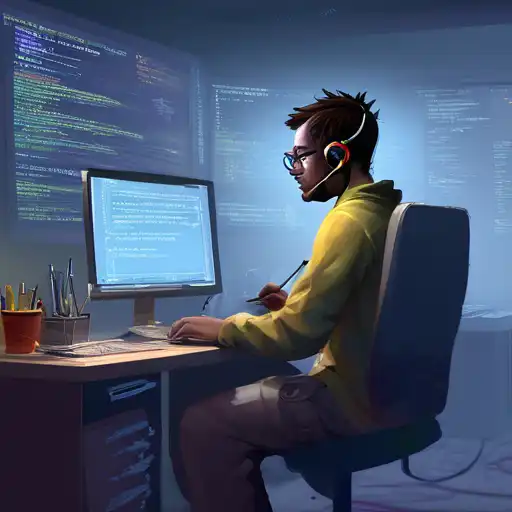Introduction to Debugging for New Programmers
Debugging is an essential skill for any programmer, especially for those just starting out. It involves identifying and resolving errors or bugs in your code that prevent it from running correctly. This article will provide you with essential debugging tips to help you become more efficient and confident in your coding journey.
Understand the Error Messages
One of the first steps in debugging is to understand the error messages your compiler or interpreter is giving you. These messages are designed to point you in the direction of the problem. Take the time to read them carefully and research any terms or codes you don't understand.
Break Down Your Code
When faced with a bug, try breaking down your code into smaller, more manageable pieces. This can help isolate the section where the error is occurring. Commenting out parts of your code and running it piece by piece can be an effective strategy.
Use Print Statements
Print statements are a simple yet powerful tool for debugging. By printing out variables or the flow of execution at different points in your code, you can gain insights into where things might be going wrong.
Leverage Debugging Tools
Most integrated development environments (IDEs) come with built-in debugging tools. These tools allow you to step through your code line by line, inspect variables, and evaluate expressions in real-time. Familiarizing yourself with these tools can significantly speed up your debugging process.
Check for Common Mistakes
Many bugs are the result of common mistakes such as typos, off-by-one errors, or incorrect logic. Always double-check your code for these issues before moving on to more complex debugging strategies.
Seek Help When Needed
Don't be afraid to seek help when you're stuck. Online forums, coding communities, and even colleagues can offer valuable insights and solutions to your debugging problems.
Practice Makes Perfect
Like any other skill, debugging improves with practice. The more you code and debug, the better you'll become at identifying and fixing errors efficiently.
Conclusion
Debugging is a critical skill for new programmers to master. By understanding error messages, breaking down your code, using print statements, leveraging debugging tools, checking for common mistakes, seeking help when needed, and practicing regularly, you can become more proficient at debugging. Remember, every programmer encounters bugs—it's how you deal with them that counts.
For more coding tips and tricks, check out our coding resources page.
